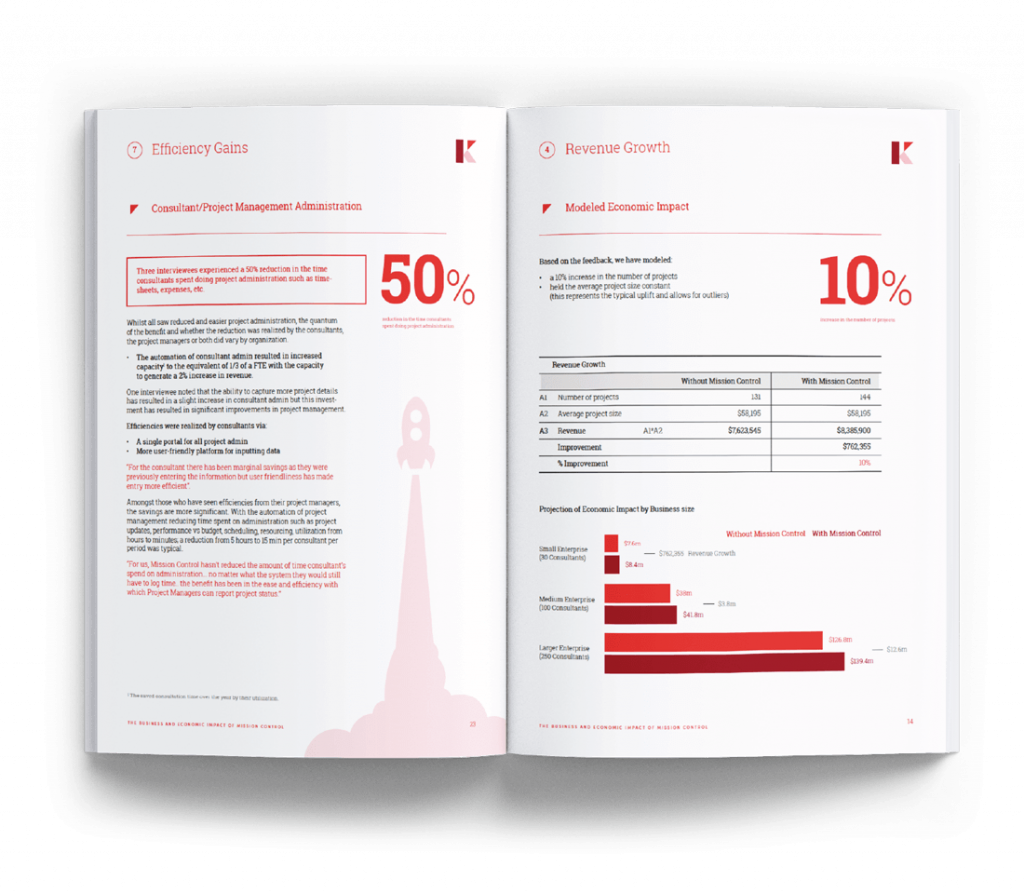In the realm of customer experience metrics, the Net Promoter Score (NPS) has emerged as a fundamental indicator of customer satisfaction and loyalty. Developed by Fred Reichheld and introduced by Bain & Company in 2003, NPS has become a widely adopted metric across various industries, including the software sector. Salesforce, a leading provider of customer relationship management (CRM) solutions, utilizes NPS as a vital tool to gauge customer sentiment and drive improvements in its offerings.
What is Net Promoter Score (NPS)?
Net Promoter Score is a metric used to measure customer loyalty and satisfaction based on a simple question: “How likely are you to recommend our product/service to a friend or colleague?” Respondents typically provide their answers on a scale from 0 to 10, with 0 being “not at all likely” and 10 being “extremely likely.”
Based on their responses, customers are classified into three categories:
- Promoters (score 9-10): These are customers who are highly satisfied with the product or service and are likely to recommend it to others.
- Passives (score 7-8): These customers are satisfied but not enthusiastic. They may not actively promote the product or service.
- Detractors (score 0-6): These customers are dissatisfied and may potentially harm the company’s reputation by sharing negative experiences.
The Net Promoter Score is calculated by subtracting the percentage of detractors from the percentage of promoters. The resulting score can range from -100 to 100, with higher scores indicating a higher level of customer satisfaction and loyalty.
Average NPS Score for Software Companies
The average Net Promoter Score for a software company can vary widely depending on factors such as industry, competition, and the company’s customer-centric initiatives. However, in general, a “good” NPS score for a software company is typically considered to be above 30. Scores above 50 are considered excellent and indicative of strong customer advocacy and loyalty.
Examples of Software Companies with Strong NPS Scores
Mission Control (NPS: 83): Mission Control, a project management software company, boasts an impressive NPS of 83. This high score reflects the company’s commitment to delivering exceptional customer experiences and meeting the needs of its users.
Zendesk (NPS: 43): Zendesk, a customer service and engagement platform, consistently achieves a strong NPS of 43. The company’s focus on user-friendly solutions and effective support services contributes to its high customer satisfaction levels.
HubSpot (NPS: 40): HubSpot, a provider of inbound marketing and sales software, maintains a healthy NPS of 40. Its integrated approach to marketing, sales, and customer service resonates well with its customer base, resulting in positive feedback and recommendations.
Salesforce (NPS: Varies): While specific NPS scores for Salesforce may vary over time and across different segments, the company’s commitment to customer success is reflected in its consistently strong NPS performance. Salesforce’s CRM solutions are renowned for their usability, scalability, and ability to drive business growth, contributing to favorable customer sentiment.
In conclusion, Net Promoter Score serves as a valuable metric for software companies like Salesforce to assess customer loyalty and drive continuous improvements. Achieving a high NPS indicates a strong customer-centric approach and can lead to increased customer retention, advocacy, and business success.
*NPS scores sourced from G2 / Comparably




